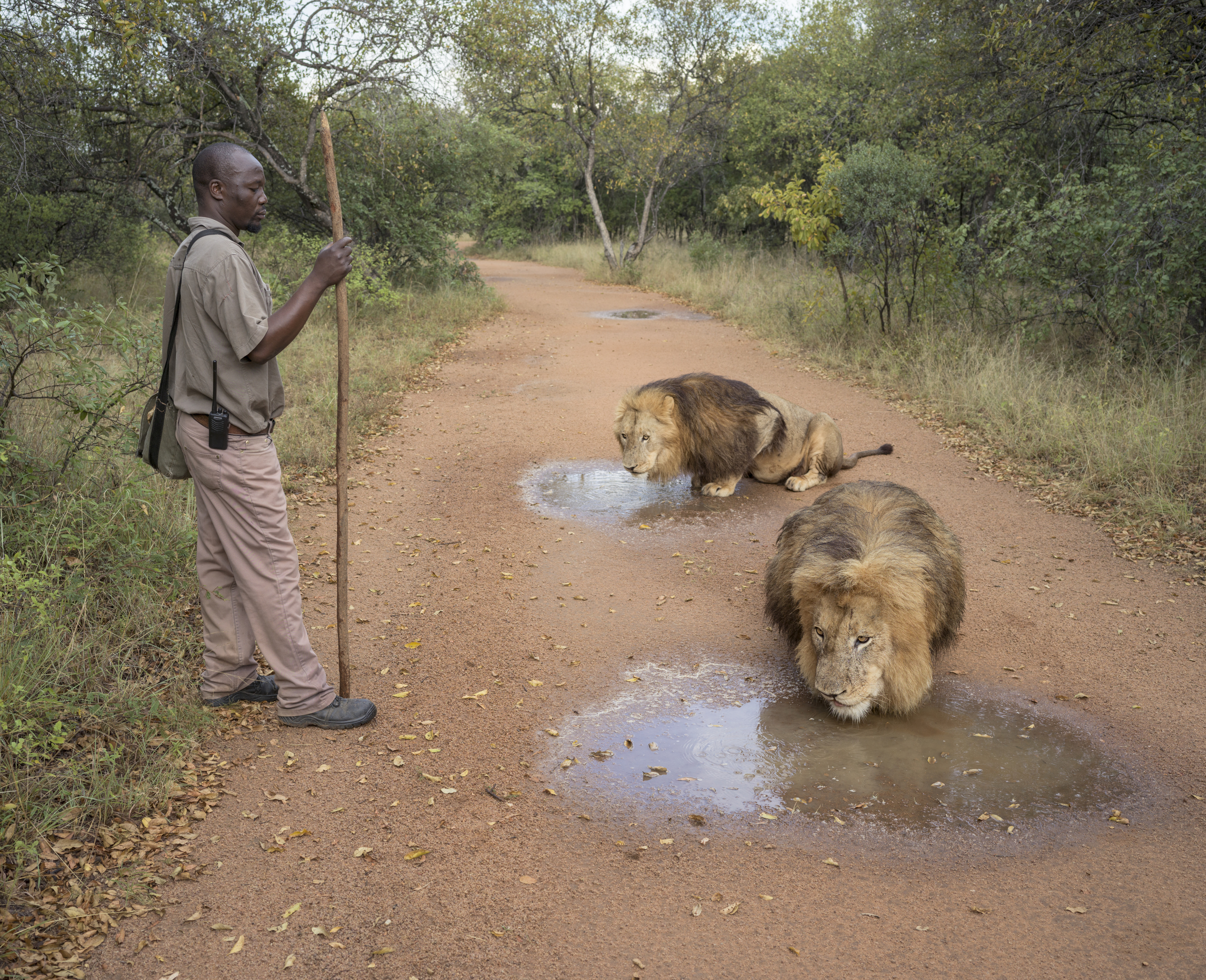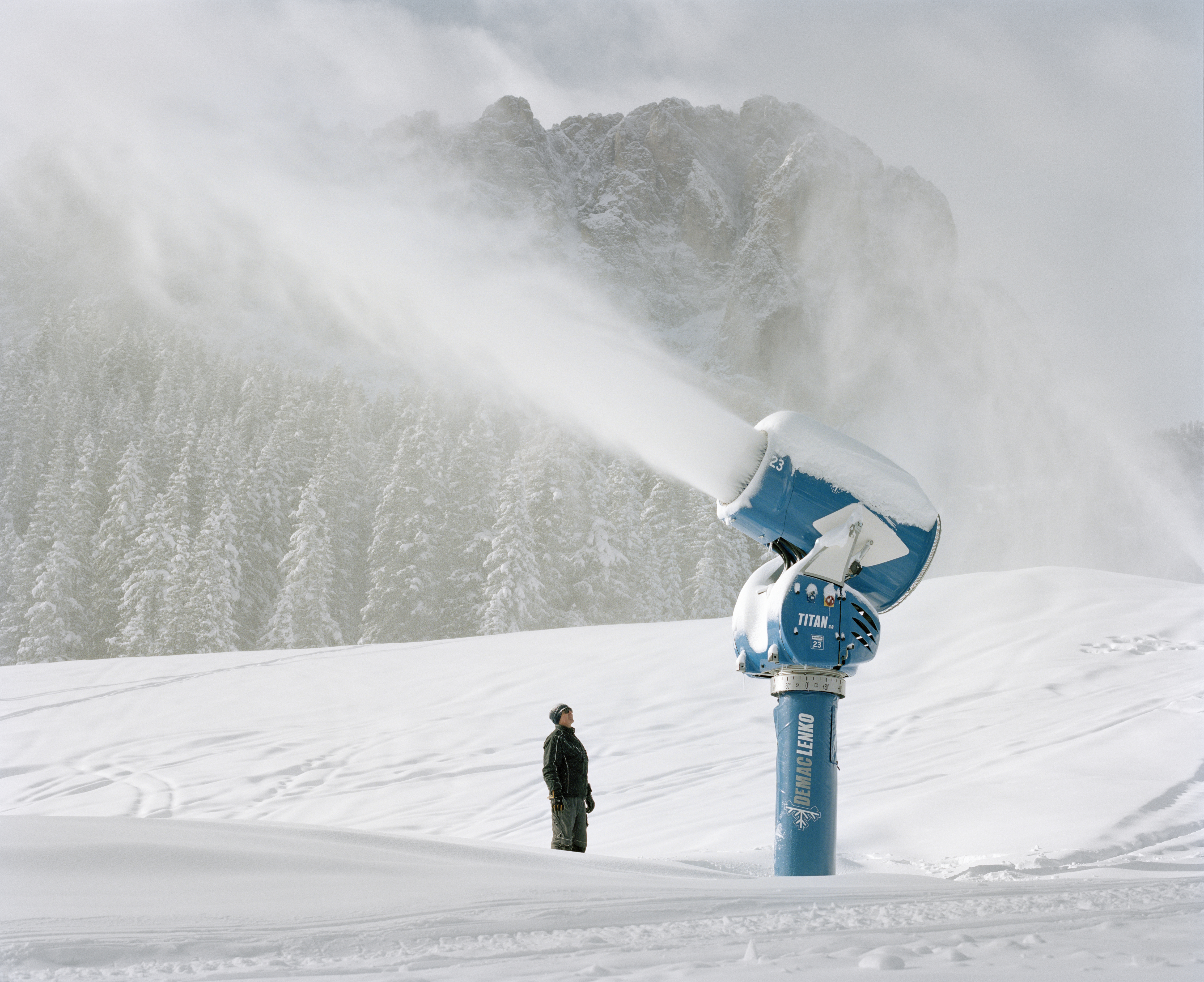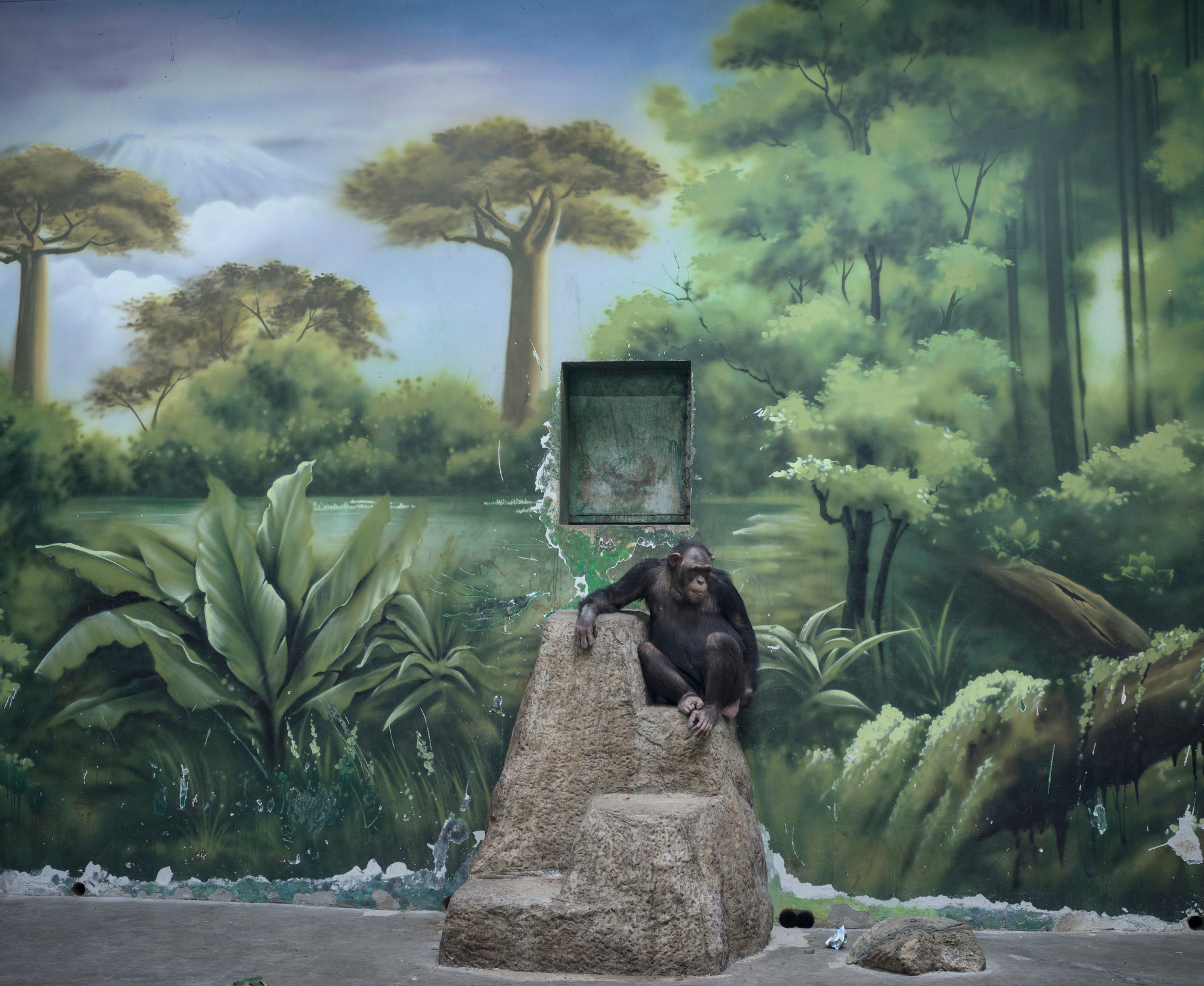Zed Nelson’s award-winning wildlife photography project holds an unsettling mirror to the way humans interact with the natural world
Experience Zed Nelson's award-winning The Anthropocene Illusion in a new photography book released later this month

There’s something unsettling about the way we encounter nature in the modern age, through Perspex, signage and carefully curated simulations.
In The Anthropocene Illusion, Zed Nelson’s new photography book, releasing on May 15 through Guest Editions, this unease is rendered with visual precision and philosophical weight. Over six years and four continents, Nelson traces our descent into an era where the experience of the natural world is no longer lived, but staged.
The images in this book are unsettling because they tap into a fundamental truth we are reluctant to face: that the natural world we’ve built is more of an illusion than an environment.
Nelson’s approach follows us as we move further away from the raw, unmediated experiences of nature, toward an increasingly artificial world of constructed facsimiles.

From theme parks in Dubai to safari reserves in South Africa, his work captures a global phenomenon of denial, a craving for connection to a world we have abandoned. But what is that craving, and what does it reveal about our collective psyche?
Through careful compositions shot mostly on a Mamiya RZ67 medium format camera, Nelson’s photographs unfold slowly, each one revealing not just a scene, but a larger narrative about our disconnect from the natural world.
The irony is hard to miss; families posing beside fake gorillas, tourists snapping selfies in front of plastic waterfalls. These images are not simply critiques of spectacle, they are reflections of our complicity in maintaining these illusions.
Get the Digital Camera World Newsletter
The best camera deals, reviews, product advice, and unmissable photography news, direct to your inbox!

In my interview with Nelson, we discussed how creating these photographs often took days.
Nelson would arrive with an idea of what he hoped to capture, but the final image would often take shape only when the scene unfolded unexpectedly, when the moment arrived organically. His approach to photography is rooted in patience, allowing the fiction of the environment to reveal itself over time.
This deliberate, patient approach to documentary photography is what makes Nelson’s work so compelling. The images are not rushed; they don’t push for meaning, they hold space for the viewer to step in and reflect. The tension between the formal stillness of his images and the absurdity of the subject matter is what gives them their power.
The book itself is a substantial object. Clothbound with 196 pages, 75 color photographs and a 12-page index that expands on the narratives behind the images.
Nelson’s accompanying writings function as a meditation on his practice, questioning the role of photography in times of ecological crisis. Rather than providing answers, it offers a mirror to our collective amnesia about the natural world.
A launch event and signing will take place at The Photographers' Gallery in London, England, on May 29. The Anthropocene Illusion by Zed Nelson is published by Guest Editions and available to pre-order now, priced at £40 (approximately $50 / AU $75).
you may also like…
Check out our other articles on recent photography book releases, including Vanishing by Anna Arendt and the new Paolo Roversi monograph. Make sure to check out the best books on photography and the best coffee table books on photography.

Kalum is a photographer, filmmaker, creative director, and writer with over 10 years of experience in visual storytelling. With a strong focus on photography books, curation, and photo editing, he blends a deep understanding of both contemporary and historical works.
Alongside his creative projects, Kalum writes about photography and filmmaking, interviewing industry professionals, showcasing emerging talent, and offering in-depth analyses of the art form. His work highlights the power of visual storytelling, fostering an appreciation for the impact of photography.
You must confirm your public display name before commenting
Please logout and then login again, you will then be prompted to enter your display name.
